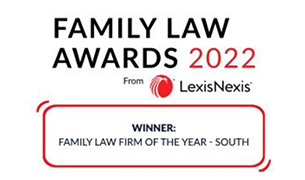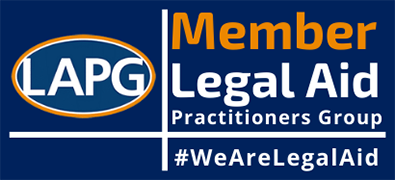A question many women ask upon divorce is whether they can change their name. Of course, there is nothing to say that when you divorce you have to revert to your maiden name and many women choose to be known by their married name, particularly if they have children.
When you marry or enter into a civil partnership there is no legal requirement for you to change your name and apparently more women than ever are choosing to keep their name upon marriage, which is a huge shift from previous generations.
If you decide to keep your maiden name you do not need to do anything. Should you wish to take your husband’s name you simply forward a copy of your marriage certificate to the relevant authorities to change your name.
The most popular option does still seem to be that the wife changes her name. It is thought that the reasons for this are because it is the most traditional, people feel it is more socially acceptable and many say that if they have children, they want to feel part of a family unit and this includes all sharing the same name.
However, some women find that they have built up a reputation at work, for example, where clients know them by name. Or they may just want to keep their maiden name to avoid confusion with contacts. In this case, they may decide not to alter their name in the workplace but share their husband’s name outside of work.
Another, less common option is for a husband to take his wife’s maiden name. The process involved in this is different to that when a woman takes her husband’s name. A husband will need to change his name formally by a Change of Name Deed.
Again, as women and men’s roles are now based on equality you have to wonder why this doesn’t happen more often. It would mean that everyone in the family would still share the same surname when it comes to raising children. But it seems that most people are unsure how it would sit with friends and family members if a husband took his wife’s surname.
The decision to double-barrel names is becoming more widespread among couples today. Both the wife’s and the husband’s surname are combined to form a hyphenated version.
This allows both partners to maintain links with their family name, and at the same time recognise a change in their marital status. It also moves away from the traditional idea, where the wife takes her husband’s surname, while not abandoning the sharing of a surname completely.
At The Family Law Company, we offer a range of services including change of names deeds. Please contact us if you would like further information.
Need some advice? Get in touch today
"*" indicates required fields
The information submitted here is used and stored for the purpose of replying to the enquiry. For more information on how we process data please visit our Privacy Policy.









